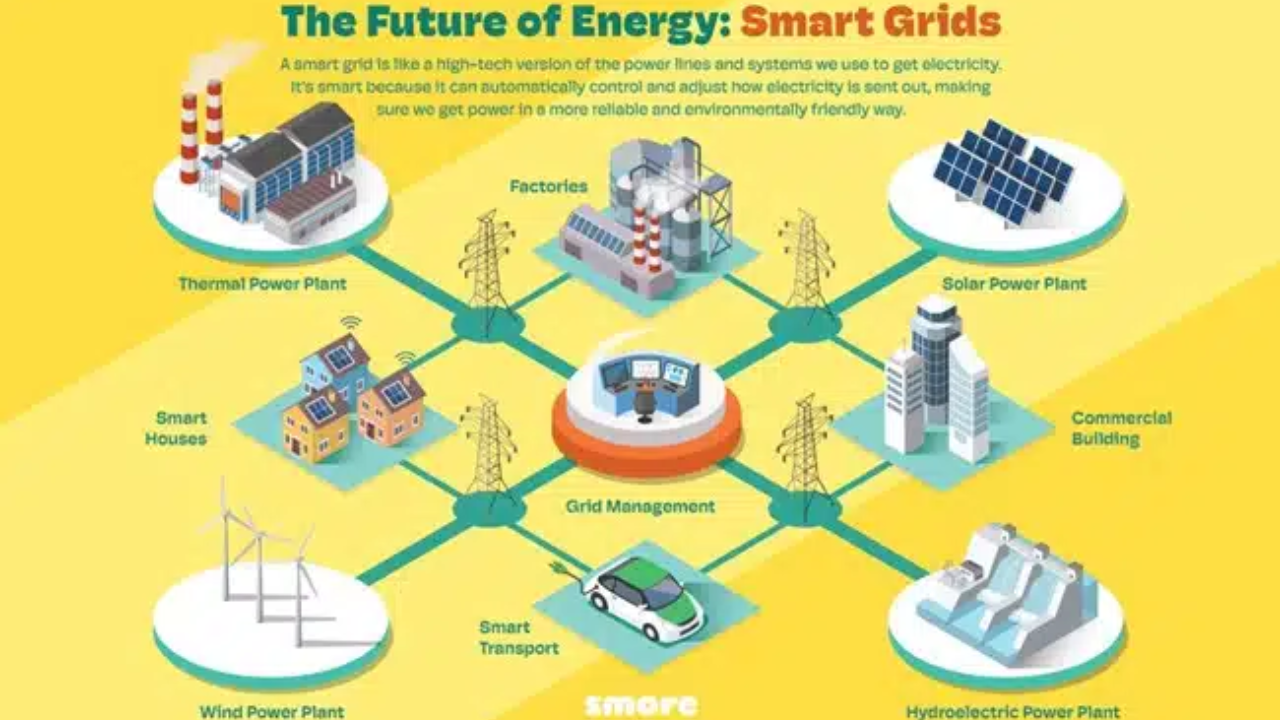It is difficult to manage renewable energy since the availability of resources from wind and solar power can be unreliable. Conventional sources such as fossil fuel are not limited by weather, but renewable energy relies on weather conditions. After that, the priority is to make sure that creating and keeping energy from these types of resources is efficient and keeps the supply constant.
Renewable energy technologies greatly benefit from the wind’s influence as a key force of nature. Powerful turbines in wind farms use the energy of wind to make electricity. Still, handling renewable energy is similar to directing an orchestra, requiring precise control over feeding electricity into the system. Thanks to advanced systems, operators can now follow fluctuations in real time and make sure the plant uses energy most efficiently.
In a similar manner, managing solar energy which comes from sunlight, presents certain new challenges. Since how much sunlight there is can change during the day and at different places, new ways to store solar energy are required. If batteries improve in efficiency and storage ability, they can help save excess solar energy collected when sunlight is bright for later use when there is not as much sunlight.
Using renewable energy in current power grids is still a major challenge to handle. The old grid systems used for big power plants are now required to shift to support the spread and variety of renewable sources. Relying on sensors and automatic features, smart grid technologies allow real-time modifications to power flow, making sure renewables are well-integrated and the grid stays stable.
The evolution of policies and regulations is very important for the development of renewable energy management. World governments are starting to understand the need to motivate clean energy creation and use. Because of subsidies, tax credits and feed-in tariffs, renewable projects are now affordable for companies and households. Strong environmental rules encourage businesses to shift towards using cleaner types of energy.
In addition, overseeing renewable energy also means rethinking how we consume power. Energy saving and efficiency actions should be part of everyone’s daily life. Engaging in recycling as well as supporting changes that reduce waste and increase energy efficiency matters to both individuals and companies.
Additionally, developing new technologies such as energy storage systems and modern solar panels remains very important for effective use of renewable energy. With research and development by the government and outside sectors, the technologies are advanced, resulting in more people being able to use them at a reduced cost.
All in all, managing renewable energy needs both creativity and a comprehensive way of thinking. Every stage such as utilizing wind and solar energy and complex grid integration, should be thought through carefully. Cooperation among governments, businesses and individuals is vital as we go through this transition to more sustainability. Efficiently managing renewable energy requires new technology, clear rules and also the commitment of everyone to make things cleaner and greener in the future.



